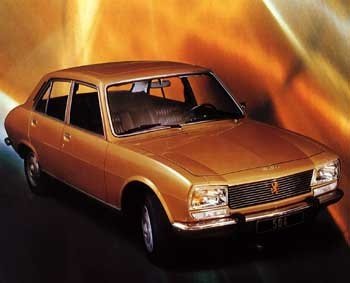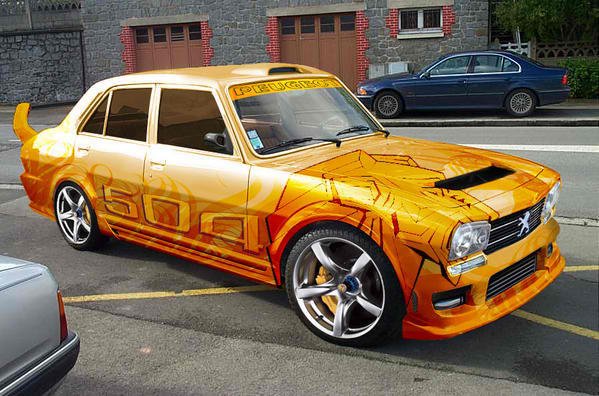There are times in our lives when we have to realize our past is precisely what it is, and we cannot change it. But we can change the story we tell ourselves about it, and by doing that, we can change the future.
Retro style (also known as " vintage inspired" ) is style that is consciously derivative or imitative of trends, music, modes, fashions, or attitudes of the past. Vintage is a generic term for styles originating from a previous era.
In the digital age, it seems as if just about everyone in the world is plugged in, even the grandparents who have to call their grandkids to help set up a Facebook profile.
The hype in the media exclaims that, soon, society will be better than ever thanks to the latest virtual devices. Most of the emphasis is placed on the millennial generation, the kids who don’t know a world without the internet. Yet, many of the trends of this generation don’t emulate the sci-fi world that the future was is imagined to be. Rather, they reflect the past.
In France, the word rétro , an abbreviation for retrospective, gained cultural currency with reevaluations of Charles de Gaulle and France's role in World War II . The French mode rétro of the 1970s reappraised in film and novels the conduct of French civilians during the Nazi occupation. The term rétro was soon applied to nostalgic French fashions that recalled the same period.
Shortly thereafter retro was introduced into English by the fashion and culture press, where it suggests a rather cynical revival of older but relatively recent fashions. In Simulacra and Simulation , French theorist Jean Baudrillard describes retro as a demythologization of the past, distancing the present from the big ideas that drove the modern age. Most commonly retro is used to describe objects and attitudes from the recent past that no longer seem modern. It suggests a fundamental shift in the way we relate to the past.
In the 1980s, design history emerged as a discipline and several histories of design were published. The access to these overviews and the ability to experiment with computer design programs has caused an increase of retro designed objects in the last decades.
Just like it can be seen in sectors of he world such as Objects, Graphic design, typography and packaging, Fashion design, retro art, Media and culture, Film, music, fashion and television, Retrogaming etc, it can be seen also in automobile designs and manufacturing.
Different auto companies in recent times are adopting the retro style of using old designs in styling the new ones...
This can be seen in the image below
![1968_peugeot_504-pic-23918-1600x1200.jpeg] ( ).
).
This is a Peugeot 504 car manufactured in the late 20th century which has undergone the process of pimping or refurbishing either from the factory or from design specialists.
What effect does vintage designs have on our minds?
In simple and clear terms, one main point can be deduced from various perceptions of people about it... It simply gives a feeling of living in the past and having a taste of the historic Era missed.

"Now comes the time, when the past becomes the future and the present becomes the past"-Kasope (2018
It's vintage